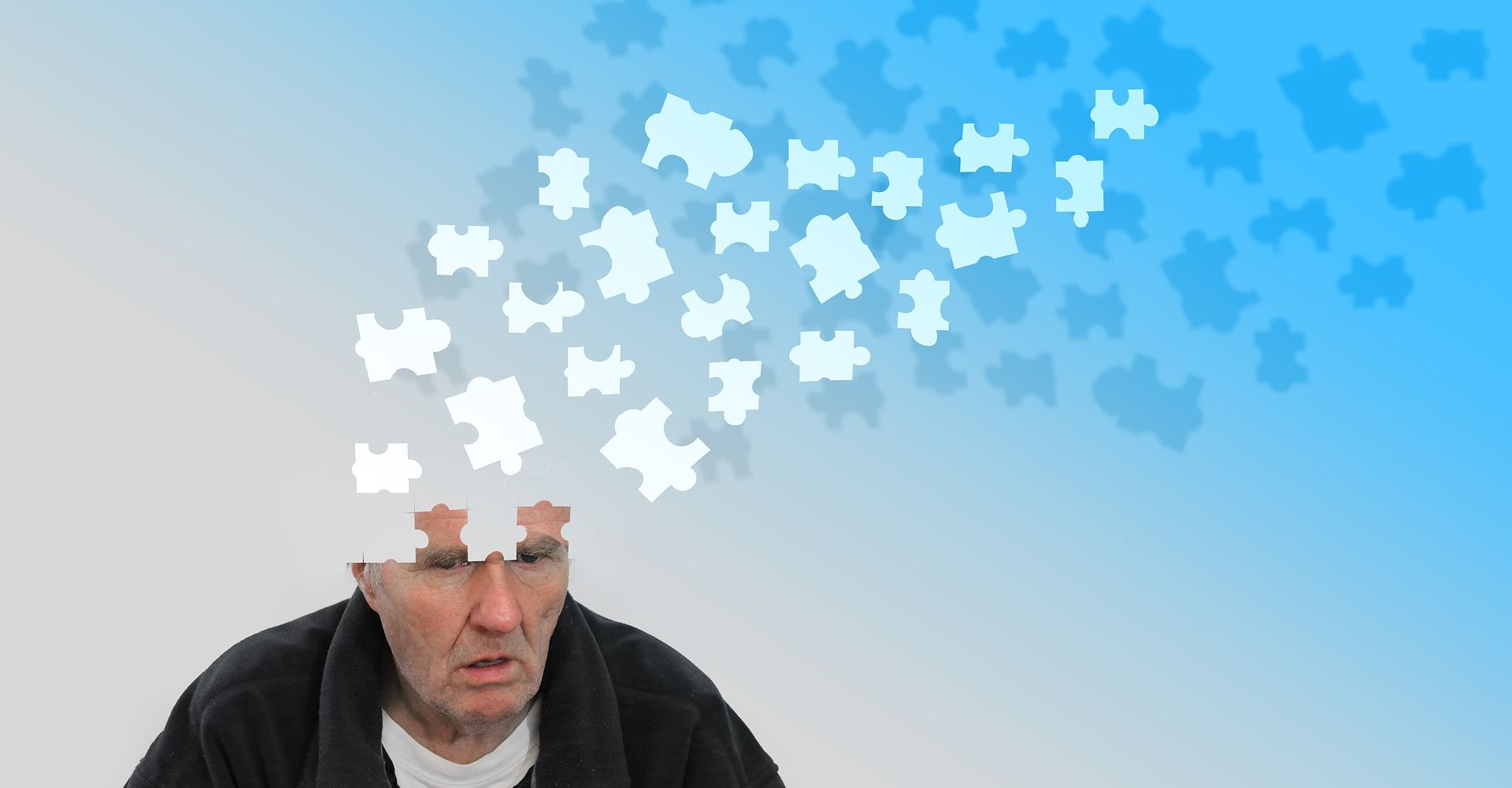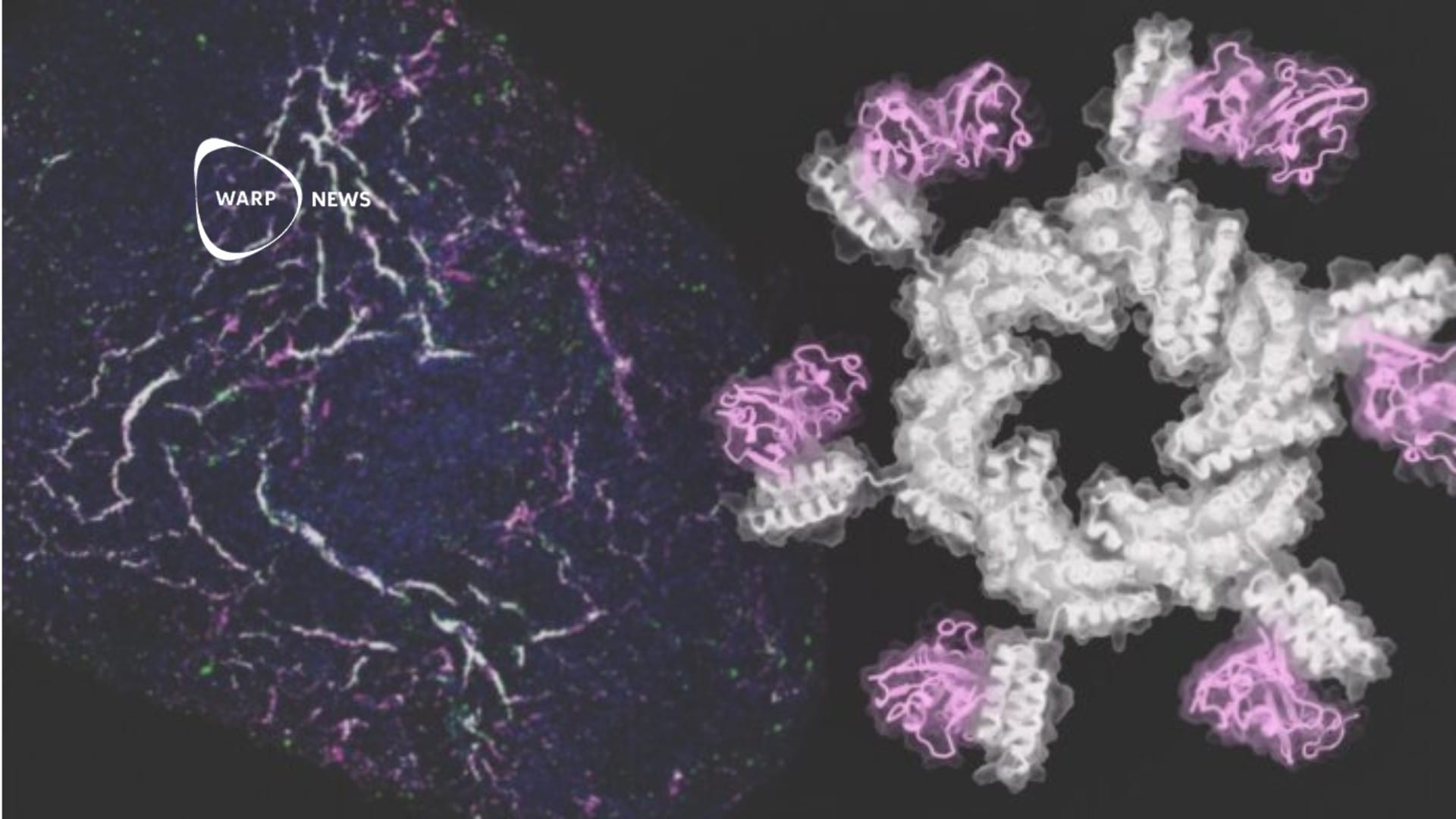
🧠 Chatbot can detect early signs of Alzheimer's
The same AI model used for ChatGPT can now also analyze texts people write to see if a person has early-stage Alzheimer's.
Share this story!
The AI ChatGPT has received a lot of attention for its ability to generate text that looks like it was written by a human.
Now, researchers from Drexel University in the USA have found a new area of use for the AI model GPT-3, which is behind ChatGPT.
The researchers have trained GPT-3 to recognize how those with early Alzheimer's write and how it differs from those who do not have Alzheimer's.
The researchers are now planning to build a web tool where doctors and private individuals can quickly and easily see if a person needs to go through a major Alzheimer's investigation or if there is no danger.
Today, the investigation consists of many different tests and investigations that take a lot of time. One factor that is important is to see if the patient's language has changed.
"We know from other research that the cognitive effects of Alzheimer's disease can manifest in language. We believe that the improvements in natural language processing provide a new way to identify Alzheimer's at an early stage." says Hualou Liang, professor at Drexel University and one of the researchers behind the study, in a press release.
The researchers had access to large amounts of texts written by Alzheimer's patients. They used this data to train GPT-3 to recognize the differences between these texts and texts written by those who do not have Alzheimer's. The result was a model that can analyze texts and detect if a person writes in a way that shows they may have Alzheimer's.
When the researchers compared their GPT-3 model to the standard language analyses used in Alzheimer's research, their model was 20 percent better at predicting whether a patient had Alzheimer's or not.


By becoming a premium supporter, you help in the creation and sharing of fact-based optimistic news all over the world.



